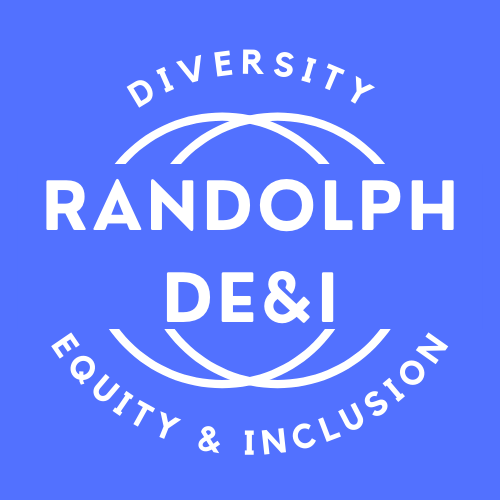THAT’S NOT FAIR!
It’s common to hear young children rage against their parents yelling “THAT’S NOT FAIR!”.
It’s common to hear young children rage against their parents yelling “THAT’S NOT FAIR!”. Children often have a keen sense of fairness even if their understanding of the complexities of the world is not yet developed. As adults we do understand that this world is not always fair: it may make us want to call upon that young child within us and yell “THAT’S NOT FAIR!”. The Randolph DEI Coalition is committed to our mission of making our town (our world) a place that supports ‘fairness’ whenever/however we can.
This coming November there will be a ballot question that if passed will help bring a little more fairness to Massachusetts and by extension, Randolph: It’s called the Fair Share Amendment (FSA).
The FSA is a way to invest in our recovery and our future. We know that our economy works great for those at the top but so many of us still struggle financially. The FSA can help fix that. This would ensure that the wealthiest households pay their fair share. The amendment would be limited to those residents who earn (this does not include assets) over one million ($1,000,000) dollars a year. They would pay just four cents a dollar above the one million. But here’s the best part: the money raised would be distributed to every city and town and earmarked for public education pre K - public university (including better public school buildings, dept-free public college, access to vocational education and job training programs), public transportation (improving fast and reliable service) and public infrastructure (including safer roads, sidewalks, and bridges).
It is not yet possible to determine exact figures that towns and cities will receive but because this will be a constitutional amendment, it’s guaranteed that we will receive our fair share. But this can only work if we, as individuals, vote for it in November. And when we see the wealthiest among us paying the same or less taxes than we pay, we won’t have to yell “THAT’S NOT FAIR!” because it will be.
For more information about the Fair Share Amendment go to RaiseUpMA.org
Sandy Slavet, Co-Founder Randolph DEI Coalition
What Is Diversity, Equity, and Inclusion
Diversity, Equity, and Inclusion (DEI) is today’s buzzword phrase. These words, when strung together, have a strong meaning: they inform society of meaningful acts, beliefs, policies, and practices. For some people DEI creates feelings of protection and security, while others feel defensive, unsure, ashamed and scared.
Diversity, Equity, and Inclusion (DEI) is today’s buzzword phrase. These words, when strung together, have a strong meaning: they inform society of meaningful acts, beliefs, policies, and practices. For some people DEI creates feelings of protection and security, while others feel defensive, unsure, ashamed and scared.
What is it about the sequence of these words that can evoke such emotions? What is it about them that can shift the focus of society and cause many to rethink their identity and belonging?
Diversity is about understanding, accepting and valuing those who are different.
Equity is about creating fair access, opportunity, and advancement for all.
Inclusion is about embracing and including all regardless of ones difference.
Working towards the goal of DEI means a societal change – a shift within our society that can provide opportunities. However, it is also a change that can take away opportunities, and this is what many are afraid of, consciously or unconsciously. Change is not easy for many of us especially if you are benefiting from the current situation.
It is important to understand that change is a journey, a practice of understanding social norms and working towards changing those social norms that are not beneficial to ALL. Doing so is not easy, and the need might not be recognized until it is brought to someone’s attention. At times, this is ok, because we only know what we know. However, once someone has been educated, it is important for them to understand their role in either supporting DEI or working against it.
Many believe working towards DEI is a once-in a-while activity, but instead, it is an ongoing task, consisting of actions, behaviors, and practices that apply to everything we do. It is not about eating at an “ethnic” restaurant or even adding folks of color to your agenda. It is about the willingness to change your comfortable situation to make room for those who are not usually seen or heard. For instance, if we are not used to a person’s behavior or mannerisms, we might view this as a weakness, because we have not allowed ourselves to be inclusive. We may even convince ourselves that the behavior, language, or mannerism does not work for us, thereby limiting our opportunities to explore diversity.
We must continue to work on challenging ourselves and not allowing the blind spots to go unrecognized. It’s easy to say you want to be inclusive, but if you are not making changes that cause disruption to the social norm, and if you are not making the difficult decisions that are uncomfortable, then you are doing surface work, and surface work is a temporary solution. Change is a process, and if we are truly interested in embracing DEI, navigating these changes must be our first priority.
Katrina Huff-Larmond




